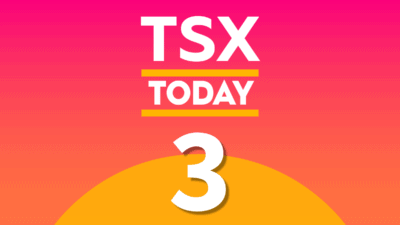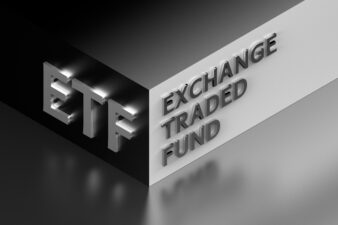
A major credit-rating agency, DBRS Limited, downgraded Cominar REIT’s (TSX:CUF.UN) senior unsecured debentures credit rating from investment grade BBB (low) to a speculative rating, BB (high), on August 4, 2017. The REIT’s units responded by falling 4.69% during the day’s market trading hours.
It was a bad Friday for Cominar REIT investors, who were still digesting the news of a 22.45% monthly distribution cut from $0.1225 to $0.095 on August 3.
DBRS’s BB rating category is for speculative, non-investment grade credit quality issues from borrowers whose capacity for the repayment of financial obligations is uncertain. DBRS believes that Cominar REIT’s unsecured debenture-repayments capacity is now more vulnerable to future events.
The graduation to BB from BBB is not that much of a surprise, as it has been a way time coming, and we once discussed the issue recently here.
I was hoping DBRS would spare Cominar from a downgrade, as the REIT had taken some significant steps towards satisfying the required parameters for maintaining an investment grade rating by reducing the total debt ratio below 53% of assets by March 31, 2017.
Now that the downgrade has happened, what could be the worst-case scenario for Cominar REIT?
Increasing cost of debt
It is almost a given that Cominar REIT will face an increased difficulty in sourcing cheaper, unsecured debt financing in the capital markets as a result of the non-investment grade rating of its senior unsecured debenture offering.
The problem with assigned credit ratings is that they do not give precise numerical probabilities of default — a measure much more critical in assessing default potential.
Lenders will classify Cominar’s debt offerings in the same class as other “junk” issues just by applying the new rating and demand higher interest premiums due to the high perceived credit risk profile.
That said, Cominar’s probability of defaulting on its unsecured debentures has indeed been viewed as being higher by DBRS, and capital markets will require a higher default risk premium when lending to the organization.
Higher interest repayments would slow down the rate at which the REIT internally accumulates free cash flow for future developments, thereby hurting future growth.
Declining equity value
Cominar’s equity units’ valuation will be negatively impacted.
Most investors usually value REITs, real estate companies, and dividend-paying stocks using cash flow discount methods. The applied discount rates are significantly influenced by the REIT’s risk profile, and a credit-rating downgrade increases required return premiums.
Higher equity discount rates, a lower growth rate, and potentially reduced free cash flows will hurt the market value of Cominar’s equity units.
They have already taken a plunge.
Worst case
Increasing refinancing costs may not be severely felt in a generally low interest environment or during economic boom times, but serious problems may crop up when general interest rates increase or when the general economy enters a recession.
In a recession, the interest rate spreads widen between investment grade and speculative grade debt offerings, and Cominar’s income statement may be seriously hurt.
Cominar may be forced to refinance only through mortgages, limiting the amount of debt the REIT may be able to raise in financing future projects, thus limiting the rate at which the REIT will develop new properties.
The REIT may find it more feasible to cut the distribution further down from the $0.095 monthly payout to improve cash flow.
Investor takeaway
A credit-rating downgrade is not really the end of the road for Cominar REIT.
It should be noted that the REIT has no maturing debentures prior to June 2019, and Cominar has just $1.725 billion in outstanding debentures and an unencumbered property portfolio worth more than $3.6 billion. The REIT will simply switch to mortgage financing for the next six years as it has already advised.
It’s highly likely that the REIT’s credit rating will have improved by the time the last debentures mature in 2023, so investors may need not worry about the worst-case scenario.
On the contrary; it may be rewarding to capture the current 9.19% implied annual payout yield at the current heavily discounted unit price of $12.41, especially considering the REIT’s aggressive leasing program to improve occupancy levels and its new strategic developments in Quebec.
Happy investing.







